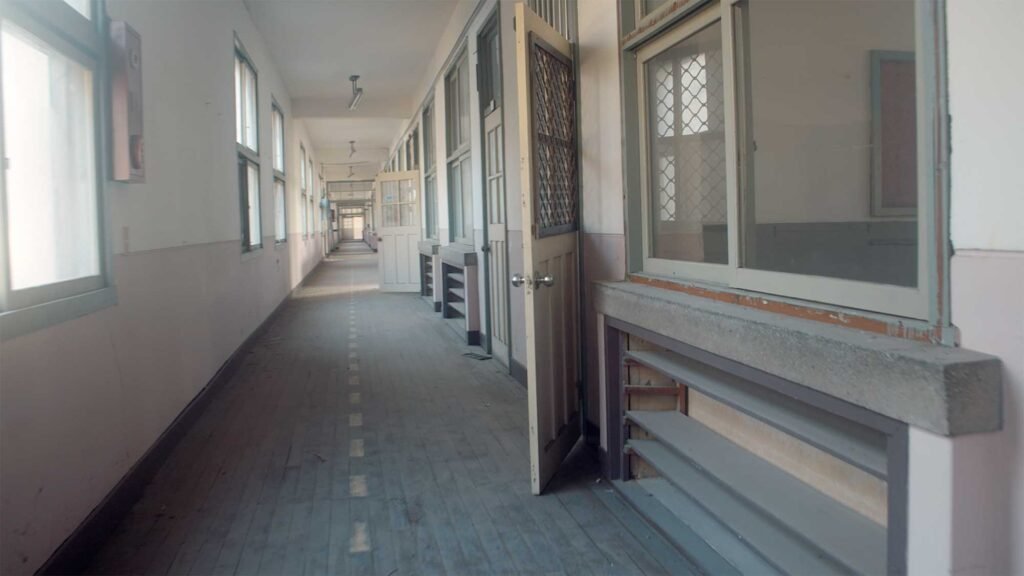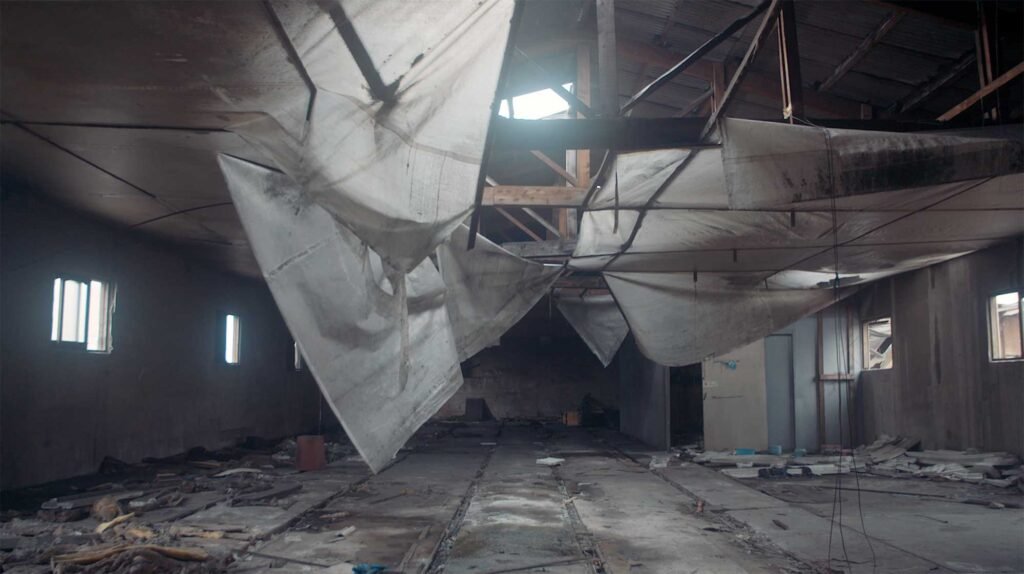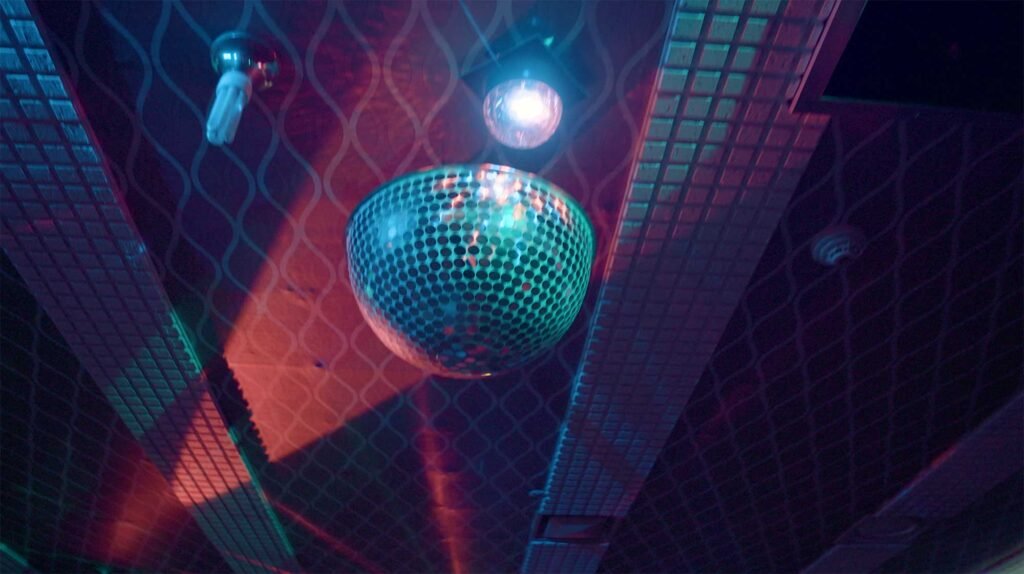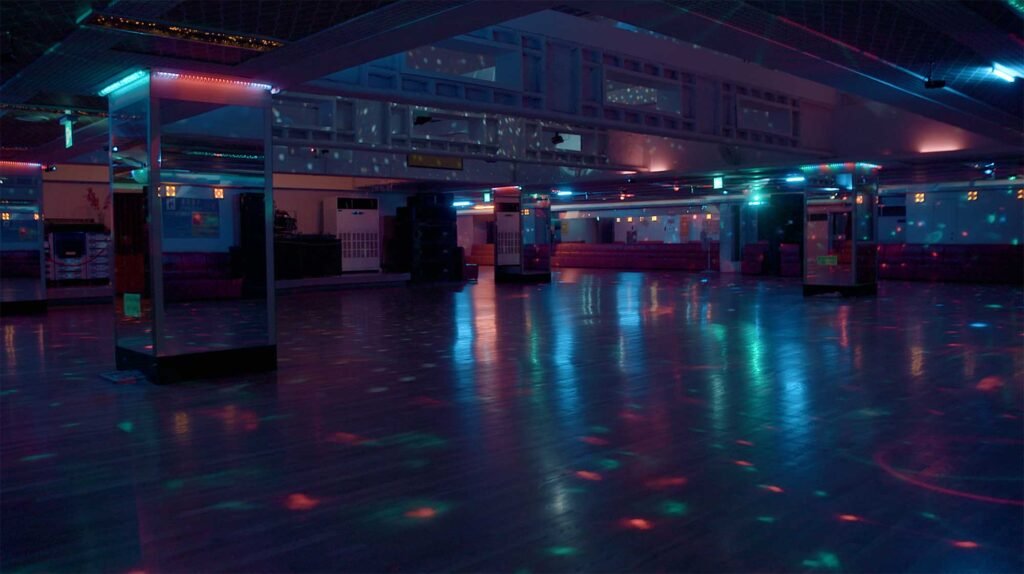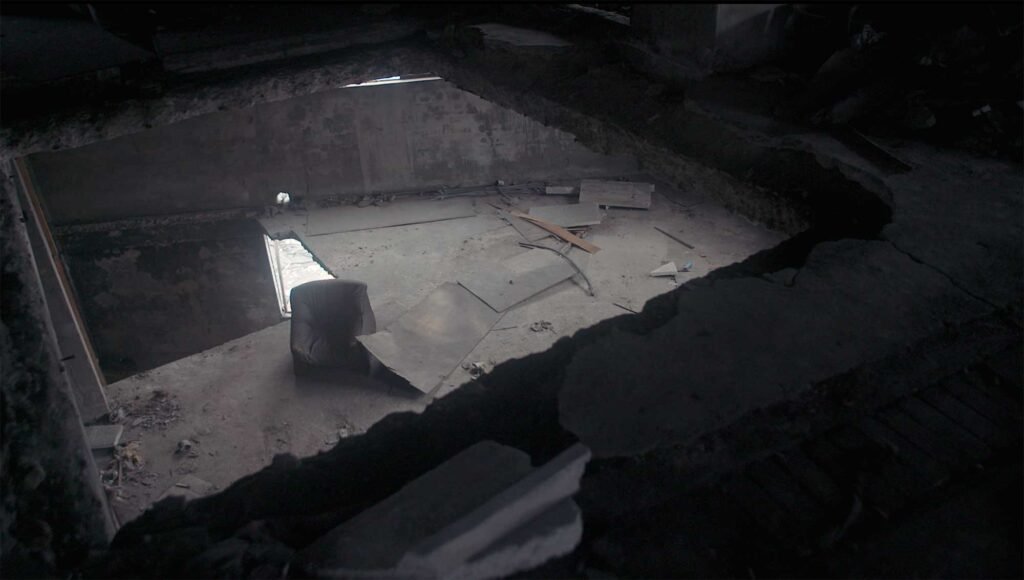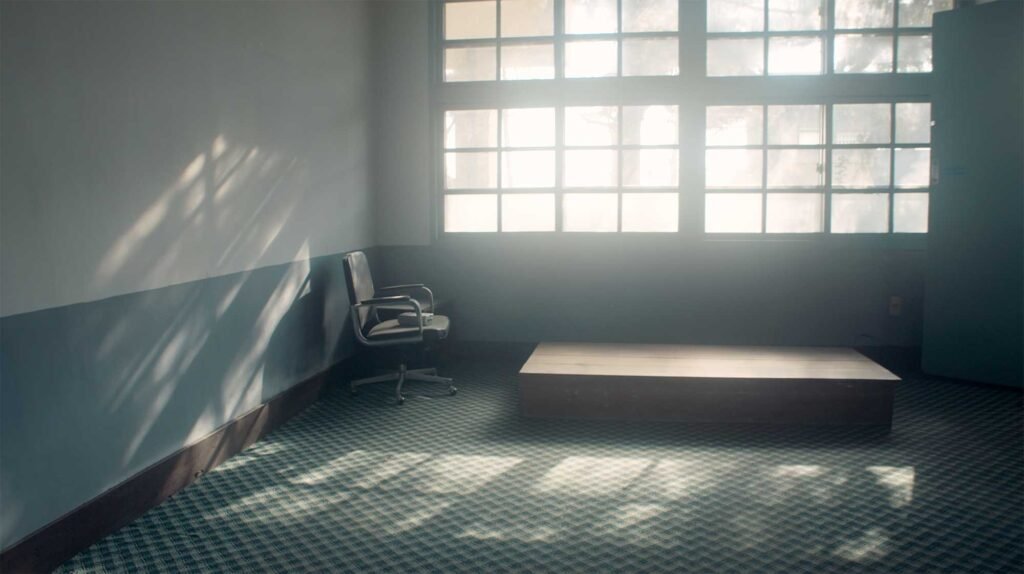The Atlantic’s Editor’s Pick: Exploring Linguistic Development in 1970s Korea
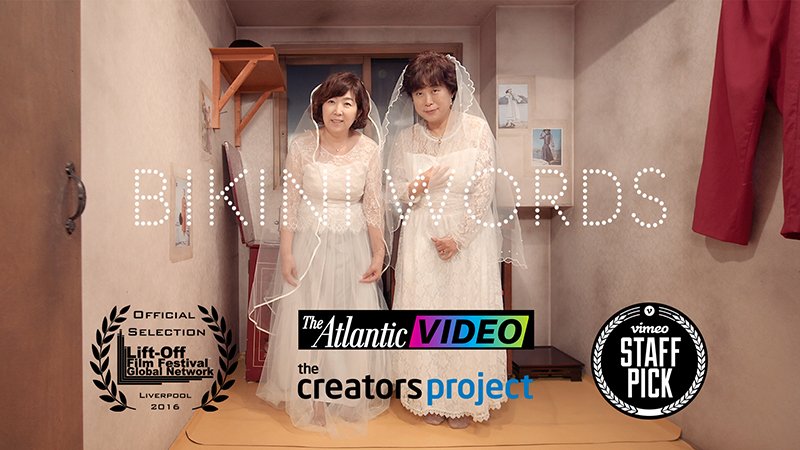
After earning the prestigious title of Editor’s Pick from The Atlantic, my documentary, Bikini Words, delves into the linguistic evolution during Korea’s industrial expansion in the 1970s and 80s.
Unraveling Linguistic Threads
Scholars and researchers rarely delve into the topic of linguistic development in Korea. Hongsung Kim, founder of Design Studio Kerb, and Jinbok Wee, head of Urban Intensity Architects, orchestrated the genesis of Bikini Words for Geumcheon District Office. He recognized my penchant for space and architectural themes. Here he saw potential to align this with the exhibition platform’s focus on Korea’s economic growth from the 1960s to the mid-1990s.
G-Valley’s Linguistic Legacy
The narrative is grounded in the G-index, an index of 99 words from the 1970s and 1980s related to G-Valley, an industrial hub in Seoul. The chosen words, forming the heart of the film. They offer insights into workers’ lives, creating a clear narrative for an international audience.
Crafting the Narrative
Collaborating with producer Kuiock Park, we shaped the thematic framework from the word list. The eight chosen words are a blend of new Korean and Konglish. This culminated in the title Bikini Words, emphasizing linguistic nuances and referencing the film’s key expression: Bikini Closet.
Behind Factory Doors
Due to time constraints, our interaction with the workers was limited. Recruiting participants proved challenging as clichéd stories about factory workers pervaded Korean media. The pivotal “puppet boss” lady played a crucial role in gradually establishing trust. She had deep connections to the workers of that era.
Cinematic Challenges and Triumphs
The shoot encountered setbacks, including a broken-down car, symbolizing potential obstacles. Despite initial concerns, the narrative effectively communicates the sense of being “stripped”. This echoes the film’s motif of abandonment in the stripped-down locations.
Balancing Artistic Expression
As a director and cinematographer, my focus on composition, lighting, and color is evident in the film’s aesthetics. Yet, the film’s essence lies in the narration and footage of factory workers, merging artistic expression with a compelling story.
Inspiring Seoul
Living and working in Seoul, I find inspiration in the country’s rapid development juxtaposed against its recent struggles. The vibrant yet non-homogenous society against the backdrop of historical context fuels my creativity.
Seoul’s Creative Scene
Reflecting on Seoul’s creative evolution, international recognition has surged, aligning with the rise of Korean talent. However, this phenomenon isn’t recent; it’s the global industry catching up with existing Korean creativity.
The Essence of Good Cinema
In the realm of filmmaking, technical advancements shouldn’t overshadow storytelling. A great story remains paramount, driving audience fascination and leaving a lasting impact.
Explore the linguistic tapestry of 1970s Korea through Bikini Words, a cinematic journey unraveled by a Seoul-based filmmaker and director of photography, Nils Clauss, now recognized as The Atlantic‘s Editor’s Pick.
